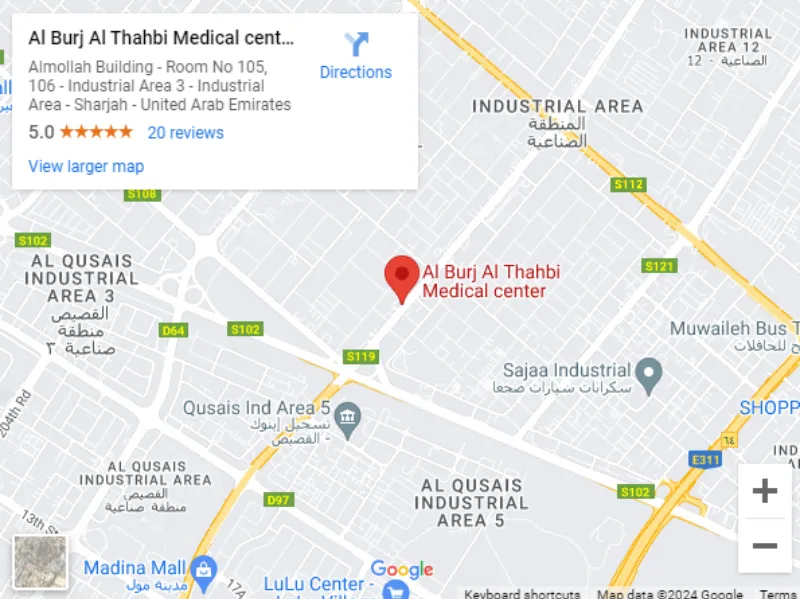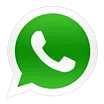Extractions
Safe and Comfortable Tooth Extractions
Tooth extraction is the removal of a tooth from its socket in the bone. It is usually done when a tooth is damaged beyond repair, severely decayed, or causing crowding or infection. While preserving natural teeth is always the goal, sometimes extraction is the best option to maintain overall oral health.
Extractions can be simple or surgical, depending on the condition of the tooth and its location.
When Is a Tooth Extraction Necessary?
There are several reasons why a tooth extraction might be necessary. Common reasons include severe tooth decay or damage that cannot be repaired with a filling or crown, infection or risk of infection, periodontal (gum) disease, and overcrowding.
Your dentist will evaluate your specific situation to determine if an extraction is the best course of action and will discuss the procedure and aftercare with you in detail.

Frequently Asked Questions
- Simple Extractions: These are performed on teeth that are visible in the mouth. Simple extractions are usually done under local anesthesia and involve loosening the tooth with an instrument called an elevator and removing it with forceps.
- Surgical Extractions: These are more complex procedures used for teeth that are not easily accessible, such as impacted teeth. Surgical extractions may require an incision in the gum and sometimes removal of bone around the tooth. This type of extraction is typically performed under local anesthesia and possibly sedation.

- Anesthesia: The area around the tooth will be numbed with a local anesthetic to ensure a pain-free procedure. If you are having a surgical extraction, you may also receive sedation to help you relax.
- Extraction: For a simple extraction, your dentist will loosen the tooth and remove it with forceps. For a surgical extraction, your dentist will make an incision in your gum to access the tooth, which may require removing some bone around it. The tooth will then be extracted, and the area will be cleaned.
- Aftercare: After the extraction, you will receive instructions on how to care for the extraction site, including managing pain and swelling, keeping the area clean, and what foods to avoid while healing.
- Bleeding: It is normal to experience some bleeding after an extraction, but excessive bleeding should be reported to your dentist.
- Infection: Infection can occur if bacteria enter the extraction site. Your dentist may prescribe antibiotics to prevent infection.
- Dry Socket: This occurs when the blood clot at the extraction site becomes dislodged, exposing the underlying bone and causing severe pain. It is important to follow aftercare instructions to avoid this complication.
- Nerve Injury: Although rare, nerve injury can occur, leading to temporary or permanent numbness in the lower lip, tongue, or chin.
- Simple Extractions: The cost ranges from $75 to $200 per tooth.
- Surgical Extractions: The cost ranges from $150 to $600 per tooth.
Enquire Now
Request An Appointment
Request A Callback
Get right dental care book with your doctor!
Or Connect on Whatsapp
Whatsapp 050 5029261Al Burj Al Thahbi Medical Center

Almollah Building - Room No 105, 106 - Industrial Area 3 - Industrial Area - Sharjah - United Arab Emirates
050 5029261 Google Map
